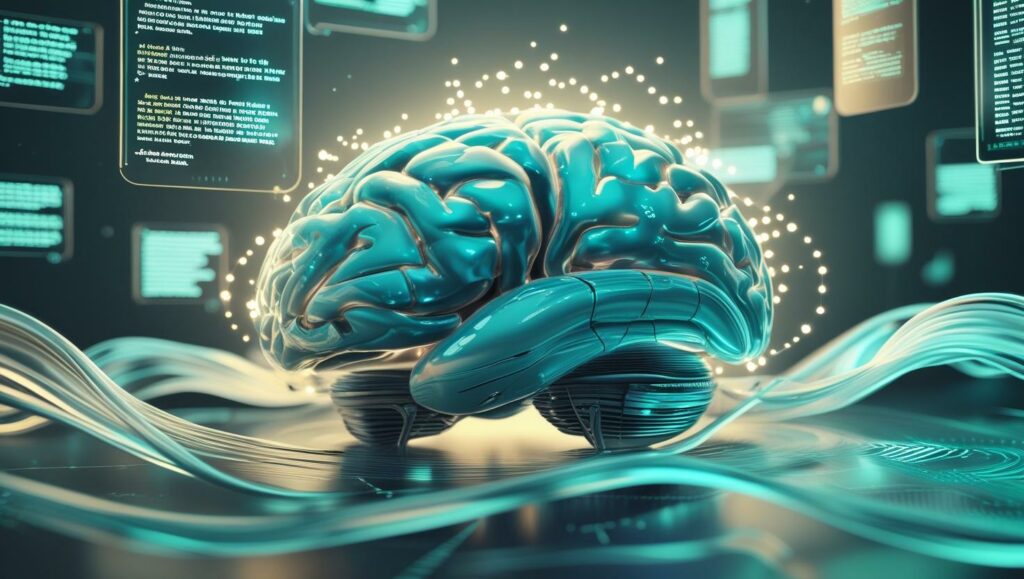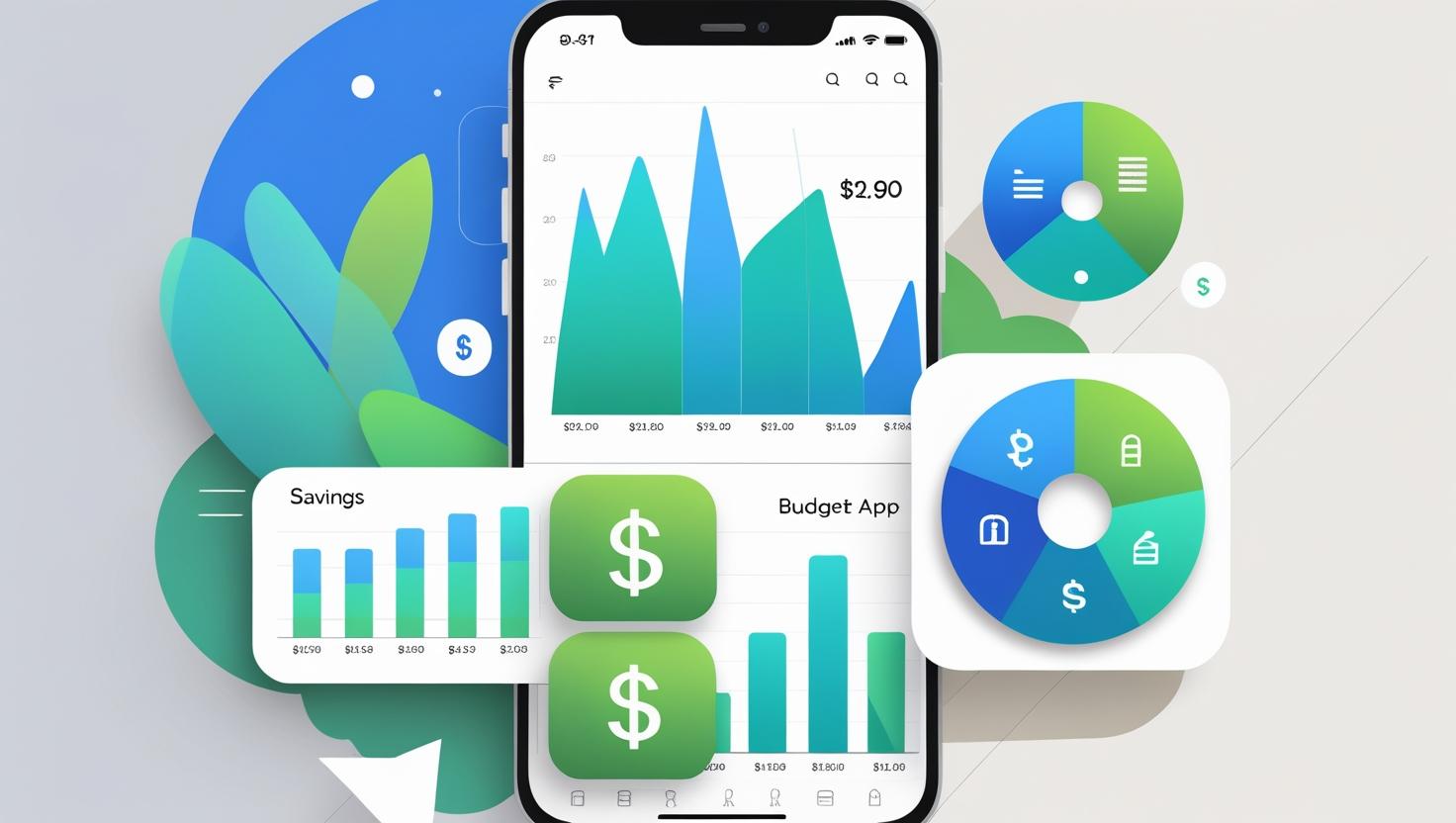Understanding NLP in AI
NLP in AI refers to the ability of machines to process and make sense of spoken or written language, just like humans do. It enables systems to extract meaning from text, answer questions, hold conversations, summarize information, and even detect sentiment. The deeper goal is to bridge the gap between human communication and machine logic.
Natural Language Processing is a subset of AI that combines computational linguistics with deep learning, statistical modeling, and rule-based techniques. It’s what powers chatbots, voice assistants, and even tools like grammar checkers and AI translators.
Why NLP Matters in Today’s AI Landscape
Human communication is inherently complex. We use idioms, slang, sarcasm, emotion, and ambiguous phrases. NLP models decode all of this, making interactions with digital systems feel more natural and intuitive. This technology is already reshaping industries from customer service to healthcare, education, law, and content creation.
As more businesses integrate AI-driven interfaces, the ability to handle language becomes essential. It’s not just about understanding commands—NLP systems must recognize intent, context, and tone. They need to adapt to multiple languages, accents, and cultural expressions.
How NLP Works: Behind the Scenes
Natural Language Processing involves several stages:
- Tokenization: Breaking sentences into words or phrases.
- Parsing: Analyzing grammatical structure.
- Named Entity Recognition: Identifying names, places, brands, etc.
- Sentiment Analysis: Evaluating emotion or tone.
- Intent Detection: Understanding what the user really means.
Modern NLP relies on large-scale transformer-based models like GPT (Generative Pre-trained Transformer), BERT, and Claude. These models are trained on massive datasets containing text from books, articles, forums, and other online sources.
What Makes a Great AI Agent?
An AI agent is more than just a chatbot. It’s a digital assistant powered by advanced AI, capable of performing tasks, learning over time, and conversing intelligently. The best AI agents are those that use natural language processing combined with reasoning, memory, and decision-making frameworks.
Key characteristics of high-quality AI agents include:
- Context awareness: Understanding ongoing conversations or tasks.
- Multimodal capability: Handling not just text, but voice, images, and data.
- Speed and efficiency: Delivering responses and results with minimal delay.
- Adaptability: Learning from user behavior and preferences.
- Trust and accuracy: Providing reliable, ethical, and up-to-date information.

The Rise of Autonomous AI Agents
While traditional assistants respond to prompts, the latest trend involves autonomous AI agents. These tools can set goals, generate subtasks, access online tools, browse the web, and complete actions with minimal user guidance. They are powered by sophisticated LLMs (Large Language Models) and are shaping the future of AI development.
Some of the most talked-about agents in 2025 include:
- Auto-GPT: An autonomous agent that chains together prompts and completes goals automatically.
- AgentGPT: A user-friendly AI that performs multi-step tasks on its own.
- ChatGPT Agents: OpenAI’s next-gen agents that integrate memory, file handling, and app-specific actions.
- Open Interpreter: AI agents that understand code, spreadsheets, and terminal commands.
What’s the Best AI Agent in 2025?
The title of “best” depends on your use case. For developers and technical workflows, Auto-GPT and Open Interpreter are extremely powerful. For daily productivity and content creation, ChatGPT with custom GPTs remains the most popular.
What sets top-performing agents apart is their use of NLP models in a dynamic way. These systems can remember what you said, execute complex actions, and respond in a tone that aligns with your goals—whether you’re coding, writing, researching, or automating tasks.
The Future of NLP and AI Agents
NLP in AI is no longer a luxury—it’s a necessity. As AI becomes more embedded in everyday life, the ability to converse, assist, and understand through language will define the most successful tools. With AI agents now capable of autonomous execution, multilingual communication, and emotional intelligence, the line between human and machine collaboration continues to blur.
In the near future, expect agents that can schedule meetings, generate reports, conduct research, and handle customer interactions without needing constant prompts. These agents will speak your language—literally and figuratively—thanks to advanced natural language processing.
NLP in AI is the cornerstone of modern artificial intelligence. It empowers machines to understand and speak with us, transforming them from tools into collaborators. As AI agents evolve with more autonomy, intelligence, and communication skills, they are becoming indispensable allies in both professional and personal life.
Whether you’re a developer, entrepreneur, content creator, or tech enthusiast, understanding how natural language processing works—and choosing the right AI agent—is key to thriving in the AI-powered world.





